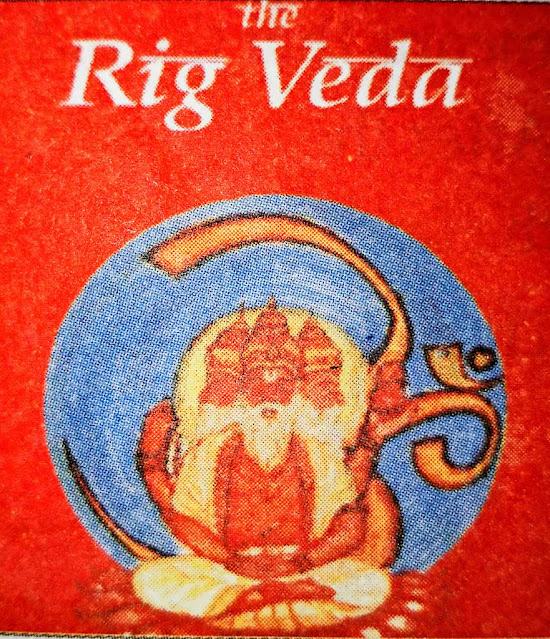Difference Between Veda and Sastra
Hello friends, today we bring you a topic that will further develop your understanding of religion. From our title, you must have understood the essence of this post. It’s a fact that most people might already know, yet it remains a topic of debate. So today, all your doubts will be resolved.
Before understanding the difference between them, it is important to first know what these two are, how they originated, and what their significance in our lives is.
The Veda and Sastra are both important sources of knowledge in Hindu tradition. While they are sources of knowledge, they have not only different scopes but also different purposes and natures.
Veda:
- The Vedas are the oldest and most authoritative scriptures in Hinduism, believed to be divinely revealed.
- There are four Vedas: Rigveda, Yajurveda, Samaveda, and Atharvaveda.
- The Vedas consist of hymns, rituals, mantras, and philosophical teachings, all focusing on the relationship between humans and the divine.
- The Vedas are considered eternal and are regarded as the foundation of Hindu philosophy and practice.
Sastra:
- Sastra refers to a body of knowledge or teachings that explain specific disciplines, philosophies, or practices. The word itself comes from the Sanskrit root "shas", meaning "to rule" or "to instruct."
- Sastra can encompass a wide variety of texts that offer systematic teachings on various topics. These may include dharma (law and ethics), bhakti (devotion), yoga, tantra, astrology, and even subjects like art and architecture.
- It is considered human composition and is based on the principles and teachings of the Vedas.
- Examples of Sastras include Dharma Shastras (like Manusmriti), Yoga Shastras (such as Patanjali’s Yoga Sutras), and Tantra Shastras.
Key Differences:
Now, let’s understand the key differences that distinguish these two from each other:
Origin:
- Vedas are considered divinely revealed (Shruti).
- Sastras are human compositions (Smriti), based on the teachings of the Vedas.
Content:
- Vedas focus on universal knowledge, rituals, mantras, and philosophy.
- Sastras provide detailed instructions on various practices, ethics, and disciplines.
Role:
- Vedas are foundational and eternal texts in Hinduism.
- Sastras present the teachings of the Vedas as practical guidance in specific areas.
In summary, the Vedas are ancient, divinely revealed texts that form the core of Hindu spiritual knowledge, while the Sastras are texts that elaborate on various aspects of life, law, practice, and philosophy based on Vedic principles.










